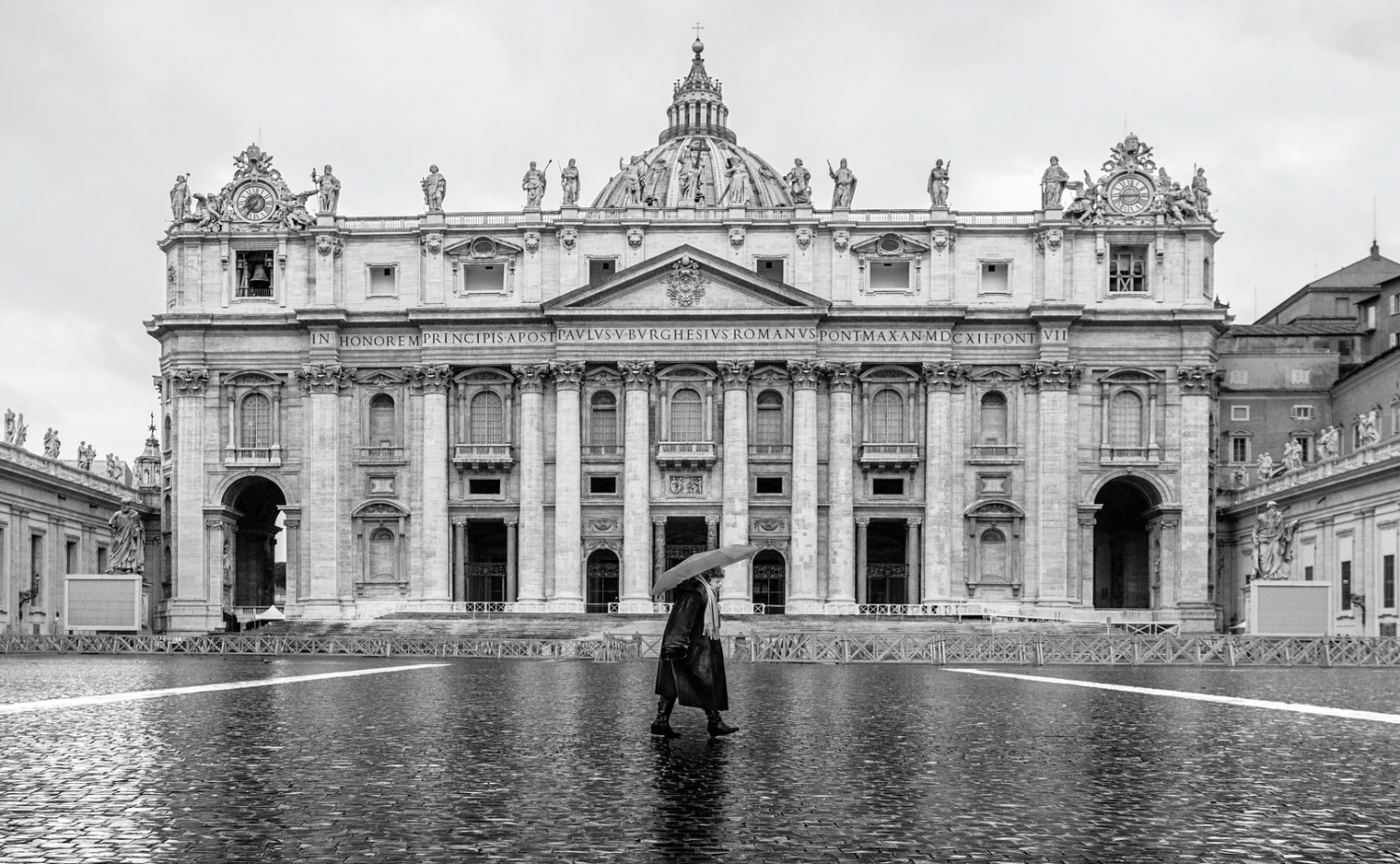
Submission to the Non-Infallible Papal Magisterium is Conditional
In a previous article (here), I made the case that the pope, when he exercises his non-infallible teaching authority, as he typically does in encyclical letters, apostolic exhortations, letters to bishops, etc., does not speak therein with the full authority of the Church (as he does when he speaks ex cathedra), but rather with his own authority as the pope.
This authority, however, which the pope exercises even when not speaking infallibly is still considerable. The obligation to accept non-infallible papal teaching has been forcefully expressed in many authoritative documents. For example, Pope Pius XII, in Humani Generis§20, says this:
Nor must it be thought that what is expounded in encyclical letters does not of itself demand assent, since in writing such letters the popes do not exercise the supreme power of their teaching authority.
Vatican II, in Lumen Gentium §25, puts it this way:
In matters of faith and morals, the bishops speak in the name of Christ and the faithful are to accept their teaching and adhere to it with a religious assent. This religious submission of mind and will must be shown in a special way to the authentic magisterium of the Roman Pontiff, even when he is not speaking ex cathedra; that is, it must be shown in such a way that his supreme magisterium is acknowledged with reverence, the judgments made by him are sincerely adhered to, according to his manifest mind and will.
If even the non-infallible teaching of popes and bishops requires “religious assent” or “religious submission of will and intellect,” it might be tempting to conclude that the distinction between infallible and non-infallible papal teaching is merely academic. If a faithful Catholic is obliged to accept all of it in any case, then there would not seem to be much practical difference between the infallible teaching and the authentic (non-infallible) teaching.
But what exactly is this religious assent? It must correspond in nature to the kind of teaching to which it responds; that is, teaching which is authoritative but not infallible. Because it is authoritative, we owe it our assent; but because it is not infallible, this assent must be opinionative and conditional in nature.
Read the rest: https://onepeterfive.com/submission-non-infallible-papal/

No comments:
Post a Comment